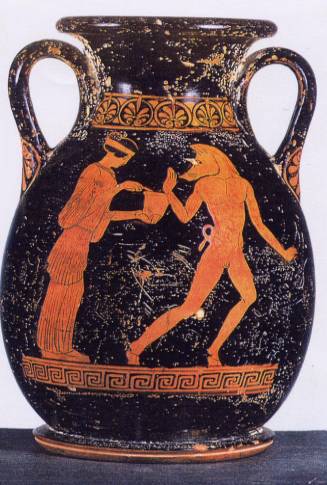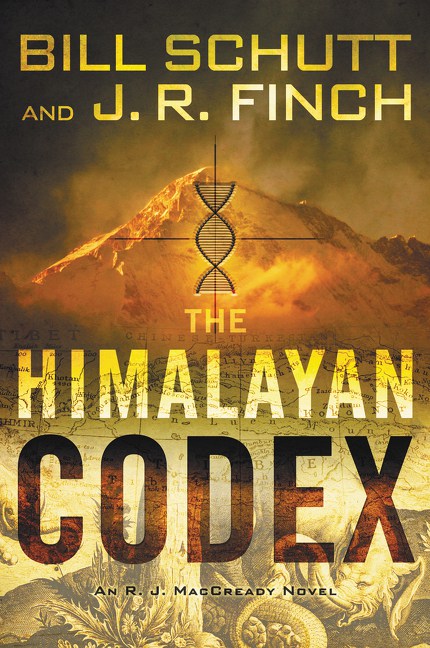Tell me of Telemachus, Muse, and the tawdry tales
of his trio of tender-ankled temptresses
Hesiod, Fr. 221 (Eustathius in Hom. (π 117—20) p. 1796. 38)
“Well-belted Polycaste, the youngest daughter of Nestor Neleus’ son, gave birth to Persepolis after having sex with Telemachus Thanks to golden Aphrodite.”
Τηλεμάχωι δ’ ἄρ’ ἔτικτεν ἐύζωνος Πολυκάστη
Νέστορος ὁπλοτάτη κούρη Νηληϊάδαο
Περσέπολιν μιχθεῖσα διὰ χρυσῆν ᾿Αφροδίτην
This resonates with one moment in the Odyssey (3.464-5):
“Then pretty Polycaste, the youngest daughter of Nestor
the son of Neleus, bathed Telemachus”
τόφρα δὲ Τηλέμαχον λοῦσεν καλὴ Πολυκάστη
Νέστορος ὁπλοτάτη θυγάτηρ Νηληϊάδαο.
Dictys, BNJ 49 F10
“And Telemachus took the daughter of Alkinoos as bride, her name was Nausikaa.”
λαμβάνει δὲ Τηλέμαχος γαμετὴν θυγατέρα Ἀλκινόου Ναυσικάαν ὀνόματι.
Proclus (?), Chrestomathia 324-330
“And then Telegonos went sailing in search of his father; once he stopped in Ithaca he was trashing the island. Odysseus shouted out and was killed by his child because of ignorance.
Once Telegonos understood his mistake he returned the body of his father along with Penelope and Telemachus to his own mother. She made them immortal. Then he lived with Penelope and Telemachus lived with Kirke.
κἀν τούτῳ Τηλέγονος ἐπὶ ζήτησιν τοῦ πατρὸς πλέων ἀποβὰς εἰς τὴν ᾿Ιθάκην τέμνει τὴν νῆσον· ἐκβοηθήσας δ’ ᾿Οδυσσεὺς ὑπὸ τοῦ παιδὸς ἀναιρεῖται κατ’ ἄγνοιαν.
Τηλέγονος δ’ ἐπιγνοὺς τὴν ἁμαρτίαν τό τε τοῦ πατρὸς σῶμα






